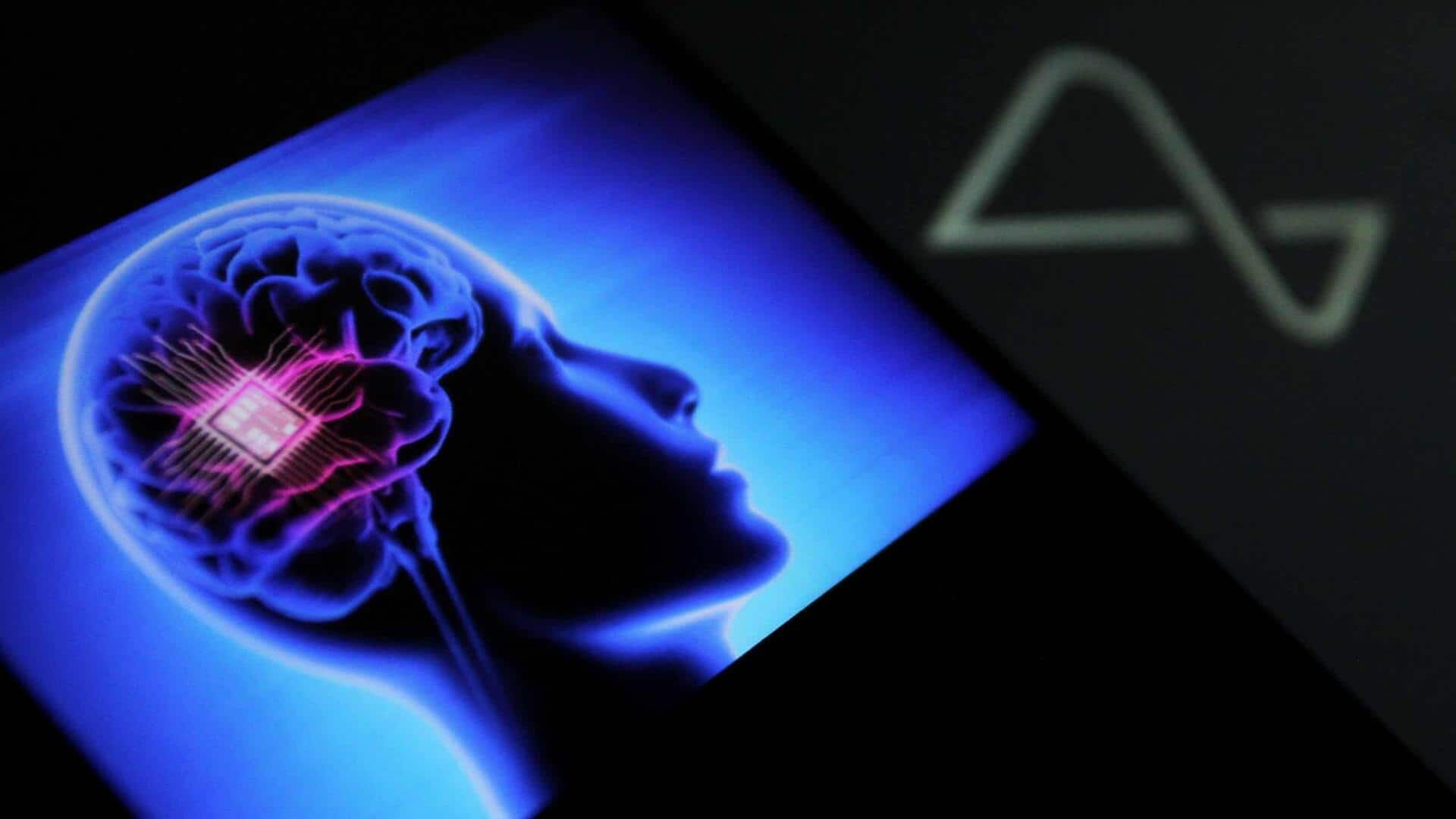
Brain implant to improve mood set to begin trials soon
What's the story
The UK's National Health Service (NHS) will conduct a groundbreaking trial of a brain-computer interface (BCI) device. The innovative tech, designed by US-based non-profit Forest Neurotech, would improve patients' moods by directly altering their brain activity with ultrasound. It will be implanted under the skull but outside the brain, where it will map activity and deliver targeted ultrasound pulses to activate specific neuron clusters.
Trial details
£6.5M trial to test device's safety and tolerability
The upcoming trial, which has been funded by the UK's Advanced Research and Invention Agency (ARIA) with a budget of £6.5 million, will evaluate the safety and tolerability of this groundbreaking device on around 30 patients. Jacques Carolan, ARIA's Program Director, said he was optimistic about the potential applications of neurotechnologies in treating a wide range of conditions such as treatment-resistant depression, epilepsy, addiction, and eating disorders.
Technological breakthrough
Forest 1: A less invasive approach to brain activity modification
The latest trial will use a device dubbed Forest 1, which marks a major step forward in BCI technology. Instead of traditional implants with electrodes inserted into specific brain areas, this device employs ultrasound to read and modify brain activity. ARIA has touted it as "the most advanced BCI in the world" because of its unique capability to change activity across multiple brain regions at once. This could help a large patient population suffering from depression, anxiety, and epilepsy.
Testing procedure
Trial to test device without additional surgery
The NHS trial will include patients whose part of the skull has been temporarily removed to alleviate a severe buildup of pressure in the brain. This way, the device can be tested without the need for another surgery. When placed under the skull, or in those with a skull defect, the device can pick up minute changes in blood flow and generate 3D maps of brain activity with a spatial resolution around 100 times that of a typical MRI scan.
Study duration
Study to run for 3.5 years from March
The study is set to begin in March and continue for three and a half years. The first eight months will focus on obtaining regulatory approval. If successful, Forest Neurotech intends to move forward with a full clinical trial for conditions such as depression. This pioneering trial is part of ARIA's £69 million precision neurotechnologies program, featuring 19 projects researching novel treatments for neurological conditions.